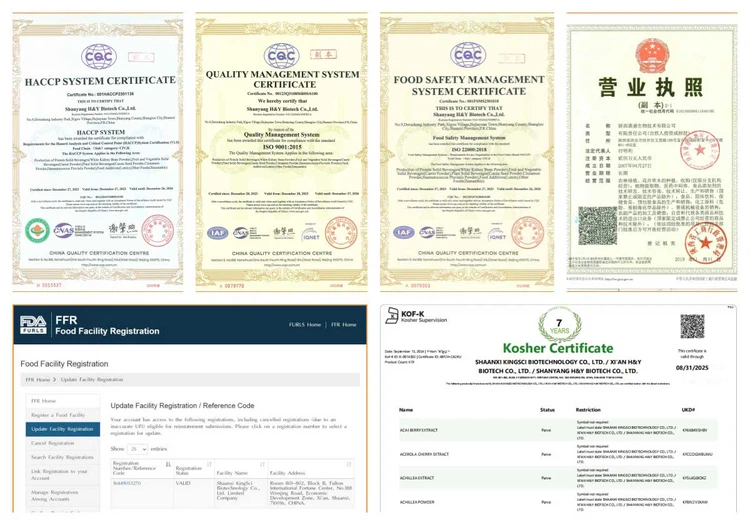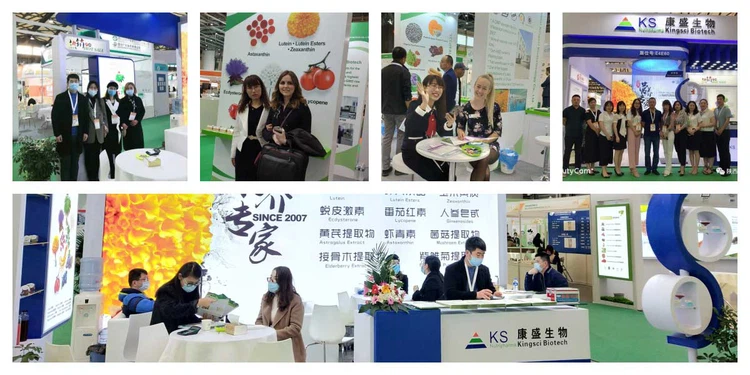What is Phosphatidylserine Bulk Powder?
Phosphatidylserine Bulk Powder is a highly pure version of phosphatidylserine meant for use in large amounts in nutritional formulas, foods, and supplements. The powder is made from refined non-GMO soy or sunflower lecithin and is appreciated for helping improve brain function, memory, and mind focus. It is found in every cell, being especially important for brain health since it helps with cell signaling, maintains cell strength, and improves synapse function. When provided in a bulk powder, nutraceuticals offer manufacturers flexibility in setting doses, mixing with other nutrients easily, and being suitable for capsules, sachets, and drink mixes. Usually, the powder has a light color between yellow and beige and is easily mixed with lipophilic carriers while meeting strict quality guidelines for identity, purity, and stability. The neutral taste and the size of its particles make it perfect for blending in custom health formulations aimed at brain, stress, and active life support markets.

COA
| Item | Specification | Result |
| Assay (Phosphatidylserine) | ≥50.0% | 51.20% |
| Moisture Content | ≤4.0% | 2.70% |
| Ash | ≤3.5% | 2.30% |
| Lead | ≤0.5 ppm | <0.3 ppm |
| Arsenic | ≤0.5 ppm | <0.1 ppm |
| Cadmium | ≤0.2 ppm | <0.05 ppm |
| Mercury | ≤0.1 ppm | <0.05 ppm |
| Residual Solvents (Ethanol) | ≤3000 ppm | 270 ppm |
| Total Plate Count | ≤1000 CFU/g | 180 CFU/g |
| Yeast & Mold | ≤100 CFU/g | 25 CFU/g |
| E. coli | Negative/10g | Negative |
| Salmonella | Negative/25g | Negative |
Are you interested in our products? Just leave a message on this website or contact donna@kingsci.com directly to get free samples and more professional support!
Source
It is generally extracted from soy lecithin or sunflower lecithin, each of which is good for preparing dietary supplements and pleasing many consumers. Phosphatidylserine from soy has been common in dietary supplements for many decades and stands out for being inexpensive, yielding a high amount of active ingredient and solid research backing its support of brain function. Most of the time, phospholipid extraction is done by means of a solvent process that ensures the purest phospholipid fraction is extracted. Because Sunflower Phosphatidylserine is non-allergenic, non-GMO, and soy-free, it has become a top choice for people facing dietary limits. Often, this ingredient is famous among clean-label consumers and is extracted with natural, chemical-free, or environmentally light-touch techniques to keep its functionality. While there is little difference in how well the two forms work, the selection may depend on the market, required composition, and labeling policies.

Soy Phosphatidylserine VS Sunflower Phosphatidylserine
1. Source and Allergen Profile
Phosphatidylserine made from soy is derived from soy lecithin, a product of the soybean oil process. Many papers based on scientific studies exist for soy, but as it can cause some people to be allergic, this may make consumers who can't eat soy uncomfortable. Since genetically modified (GMO) soy is commonly grown, manufacturers focus on getting non-GMO certification.
Sunflower-derived Phosphatidylserine Powder comes from sunflower lecithin and is free from easily recognized allergens like soy, gluten, and dairy. Being non-GMO, it fits better into clean-label, hypoallergenic, or plant-based types of formulas. Because of its background, it is commonly chosen where openness and inclusion matter most.
2. Extraction and Processing
To make it, the solvent extraction procedure with hexane or ethanol is used to isolate the phospholipid parts from soy. Still, with this approach, it may be necessary to perform further removal actions for residual solvents.
Most sunflower-based goods are made by gentle, mechanical, or enzymatic actions instead of strong solvents. Because of this, the process is cleaner, which is something natural product or environmentally conscious manufacturers care about.
3. The Nutritional Facts and Phospholipid Contents
PS treated by both methods contains the same amounts and offers the same functional benefits. But the phospholipid makeup of sunflower lecithin is wider, including extra phosphatidylcholine and phosphatidylinositol, which could work together to aid thinking and cell activity. Even so, soy lecithin usually contains more phosphatidylserine in each batch, an advantage when producing in large amounts.
4. Things to Consider with Market and Labels
Traditional brain supplements made from soy are both cheaper and commonly found in health circles. At the same time, consumers are requesting more soy-free, allergen-free, and genetically modified organism-free ingredients.
Because of these market trends, phosphatidylserine from sunflowers is now preferred in high-end products, especially in areas where laws make more strict demands on food transparency and sustainability.
5. Its potential for good stability and a broad range of formulations
When encapsulated or combined with protective carriers, their stability is similar under normal storage conditions. Although the oxidative stability of sunflower-based material may be slightly higher, well-designed products generally make little difference.
Certifications

American warehouse

Exhibitions

Hot Tags: phosphatidylserine bulk powder, China, manufacturers, suppliers, factory, wholesale, price, pricelist, quotation, bulk, in stock, KOSHER, ISO, HACCP







